Marketplace® Success Stories
Over 700 schools worldwide have used Marketplace to advance student engagement and learning. See how it has transformed their programs.
‘Getting It Done’ at University of Toronto
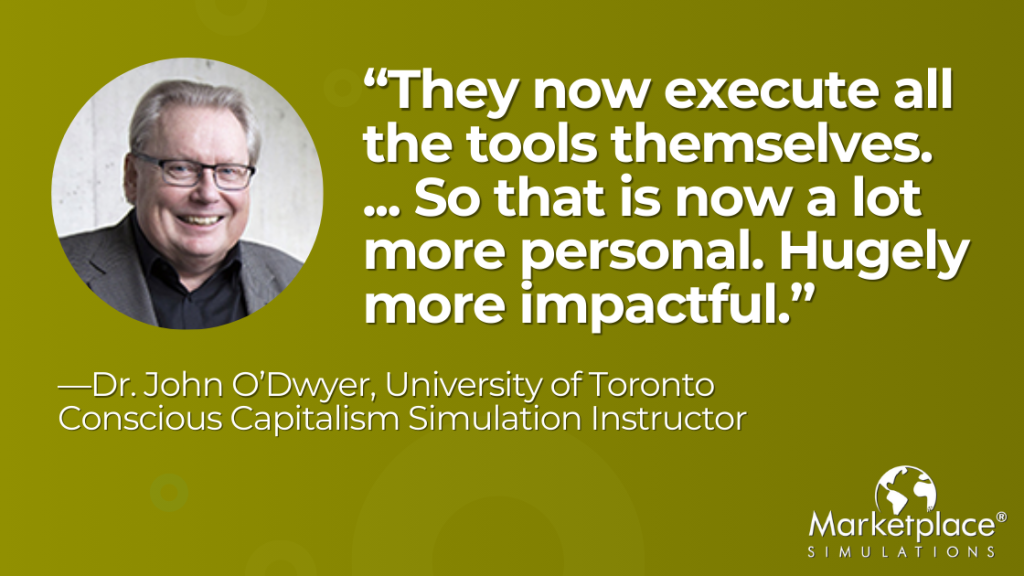
The GettingItDone course is the most awarded MBA course at University of Toronto’s Rotman School of Management. Since 2014, Marketplace Simulations has been a core part of that success.
Dr. John O’Dwyer designed the course to give students a practical framework for setting strategy, creating alignment, executing strategy, and assessing effectiveness.
From the beginning, he wanted to make it a “doing” course, not a passive “memorizing” course. For 12 years, he achieved that goal by having students conduct case studies with real businesses. However, the method had some shortfalls.
Even with a live case study, they were still only hearing about how other people applied the tools. In 2014, O’Dwyer adopted Marketplace Simulations so students could practice the tools themselves.
“They now execute all the tools themselves … so that is now a lot more personal,” O’Dwyer says. “Hugely more impactful.”
Students agree. As one of them said, “The simulation was outstanding. I have never seen a simulation at this level. It was truly very special and helpful for learning as a whole.”
With Marketplace Simulations, GettingItDone students don’t have to spend years making costly mistakes or learning vicariously through the experience of others. They get to apply what they’re learning right now—and that difference has been worth everything.
Using Marketplace Simulations Since: 2014
Educational Level: MBA
Simulations Used: Conscious Capitalism, Integrated Business Management
A New Perspective for Engineering Students at Oklahoma Baptist University
Oklahoma Baptist University launched three new engineering programs in 2023. While many engineering programs focus on individual work, OBU wanted to help students understand the larger context of their work.
Green decided to have students play the Business Fundamentals Simulation. In it, students build their own bicycle companies. They develop products, market brands, set up sales channels, oversee production, manage finances, and more.
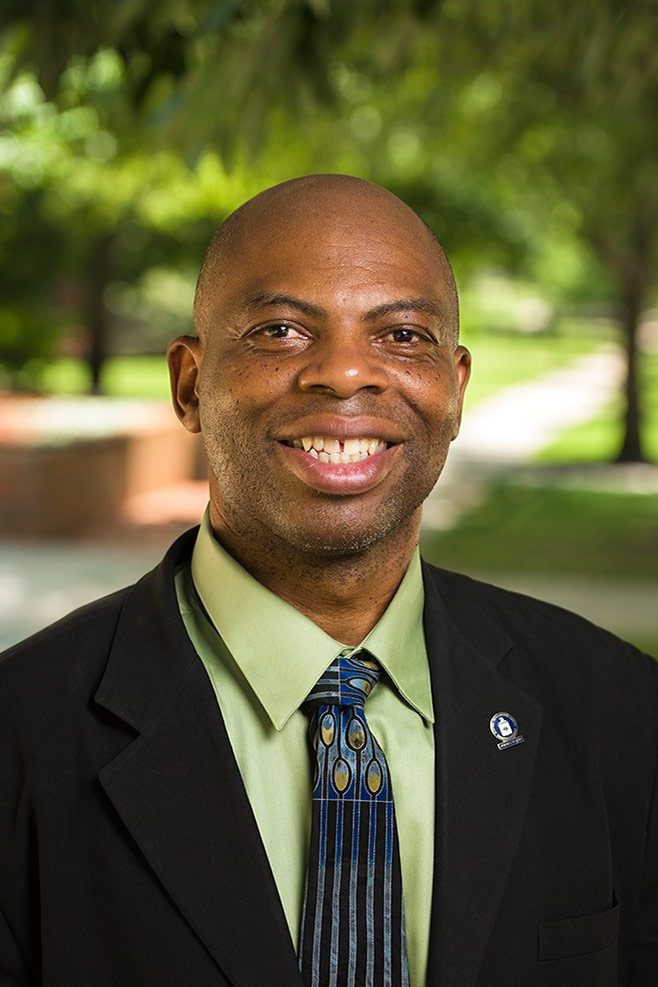
Dr. Daryl Green
Dr. Daryl Green was asked to teach the freshman engineering business communications class. With a background in both engineering and business, Green was eager to show how the two fields fit together.
Students worked as teams to make decisions. Before each task, the simulation included a corresponding lesson that explained key concepts and provided basic guidance for decisions.
“What I like about it is that I do not have to teach them all the concepts of business,” Green says. “The training within the simulation is excellent, and they learn doing it on their own.”
Students gave overwhelmingly positive feedback, with high praise for the practical experience.
“This project really just hit home how important teamwork in is in the work field,” one student shared during final presentations. “I never knew how important it was, and I just understand how much work goes into forming a good team.”
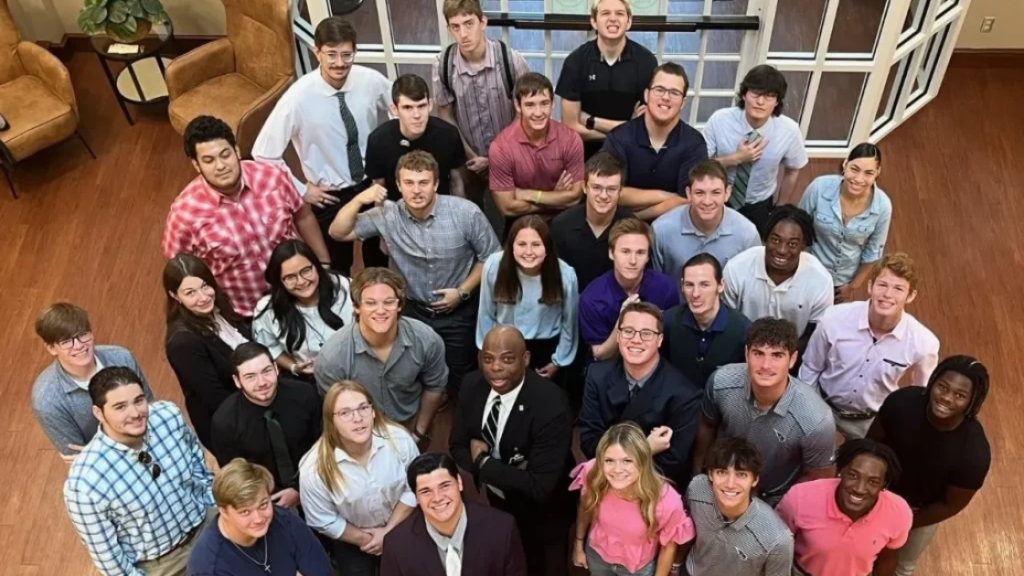
Dr. Green’s business engineering class.
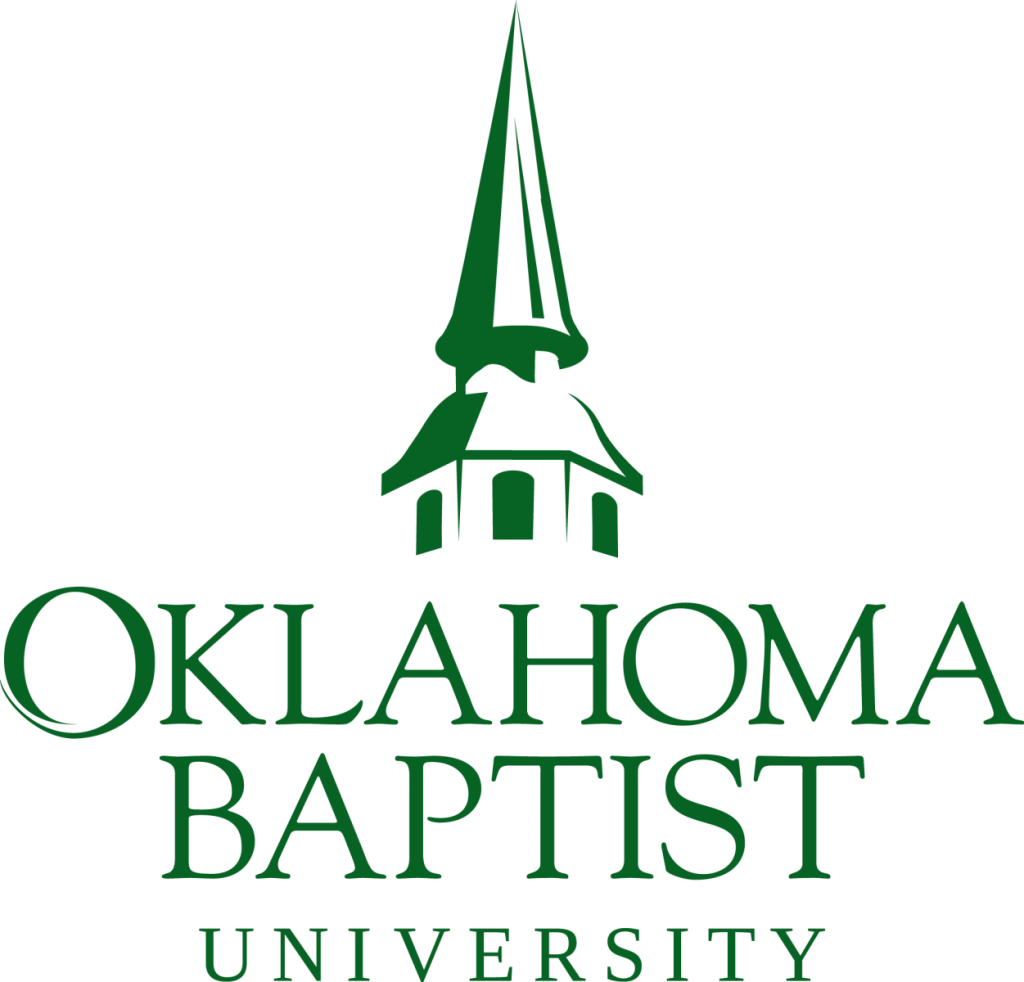
Using Marketplace Simulations Since: 2018
Educational Level: First Year Engineering Students
Simulations Used: Business Fundamentals
Aligning Student Values and Actions at Lancaster University
Like many schools, Lancaster University is working to integrate environmental, social, and governance (ESG) goals into its MBA curriculum. Teaching fellows Mike Pezet and Emma Watton are using the Conscious Capitalism Simulation by Marketplace to help meet this goal.
In the simulation, students face realistic challenges and temptations as they build their businesses. These create meaningful teaching moments. When students’ professed values don’t align with their actions, for example, Pezet and Watton get an opening to talk about the harms of greenwashing.

One of the most common conflicts between values and actions is revealed when students build their employee compensation packages. Many students learn the hard way that underpaying employees not only leads to lower productivity, but also increases turnover rates, decreases susceptibility, and harms their reputations.
Student become deeply engaged in their simulated companies and the market they’ve built together. When Pezet reveals the finals results, he says, “The room just explodes. It’s unbelievable.”
The simulation has earned high ratings for Pezet and Watton’s modules—and it’s become a major draw for incoming students.
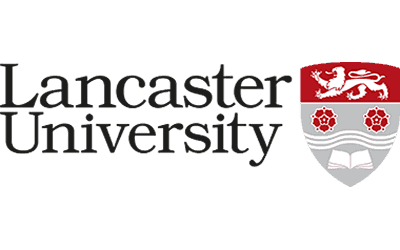
Meeting Accreditation Standards at Mount Saint Mary’s University
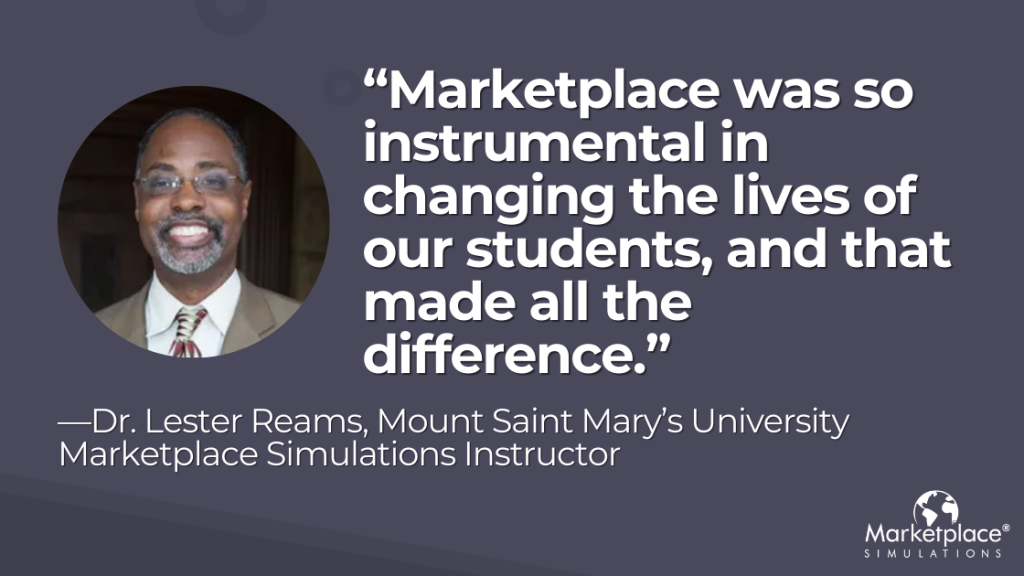
Accrediting bodies like ACBSP require schools to demonstrate learning outcomes. Mount Saint Mary’s University decided to prove these outcomes with assessments by Peregrine Academic Services. However, in 2019, MSMU was struggling to maintain strong Peregrine scores.
An assessment of the undergraduate program found that students didn’t understand key principles and practices of business.
MSMU had already adopted Marketplace Simulations to fulfill the field study component of its online MBA program. “The students thought it was fabulous,” recalls MBA Cohort Advisor Dr. Lester Reams. Now, Reams wondered if a Marketplace Simulations game could increase learning for undergraduates.
Reams proposed that students play the Conscious Capitalism simulation as part of their capstone course. However, adding it to a full load of capstone coursework overwhelmed students. Instead, MSMU decided to split the capstone experiences into two more manageable courses.
By splitting the course and adding the Conscious Capitalism simulation, MSMU saw marked improvement. The school’s Peregrine scores have moved from the 40s to the 60s, and individual student scores are in the 70s and 80s.
At MSMU’s 10-year reaccreditation, Reams’ team presented Marketplace as proof that MSMU is innovating and improving. The evidence was undeniable.
“Marketplace was so instrumental in changing the lives of our students,” Reams says, “and that made the difference.”
Watch the full presentation, here.
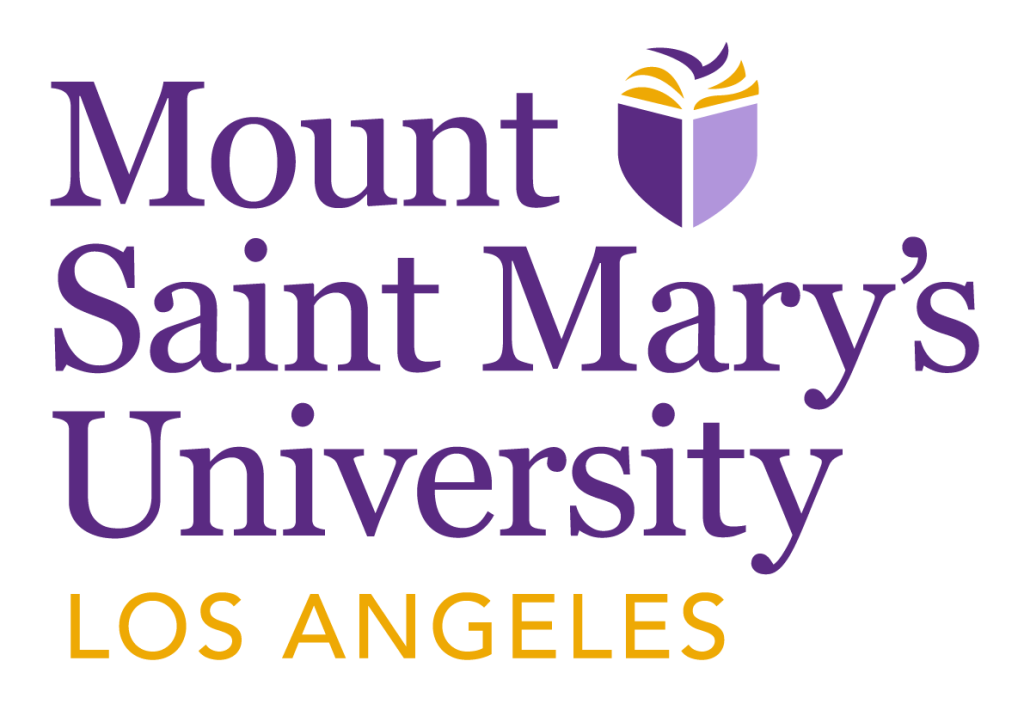
Using Marketplace Simulations Since:
Educational Level: Undergraduate, MBA
Simulations Used: Conscious Capitalism
Reimagining the MBA Capstone at Western Governors University
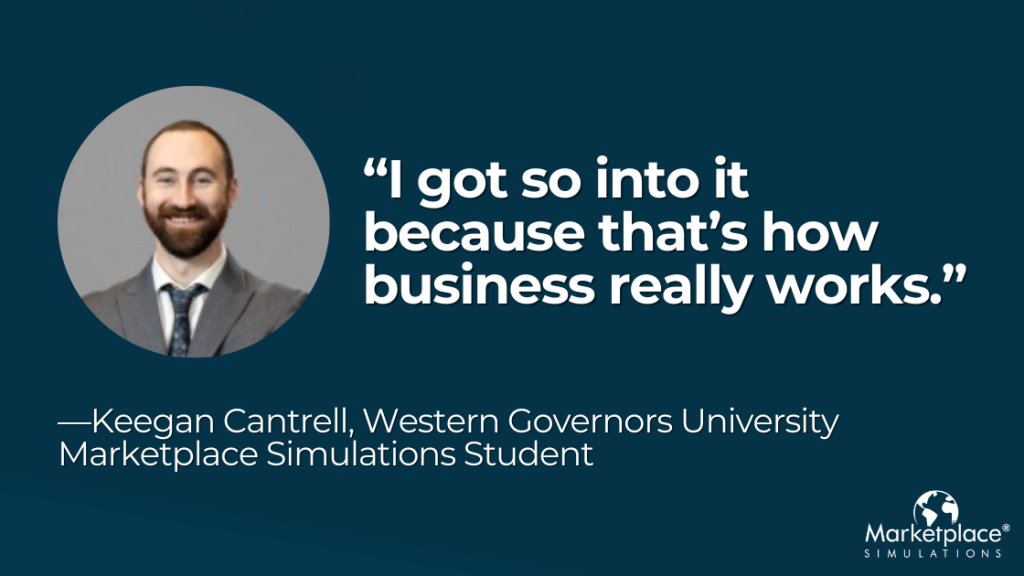
Western Governors University is an online, competency-based school. Their model allows students to work at their own pace, but it creates challenges in building a strong curriculum.
In the late 2010s, WGU realized its MBA capstone course had become bloated with assignments and lost its focus. MBA Program Chair Michelle Love and faculty member Alan Jones decided it was time for an overhaul.
One of their goals was to give students an engaging way to demonstrate their competencies.
The course had used a simulation in the past, but it required students to play in teams—a challenge for WGU’s asynchronous model. Love and Jones also wanted a simulation that would target responsible management issues.
In 2020, Love and Jones introduced their students to the Conscious Capitalism® game by Marketplace Simulations. The simulation highlighted values-based business strategy, and students could play it on their own against realistic computer teams.
After implementing the new simulation, WGU saw an immediate improvement in the time spent on the course.
“Our students were more engaged and spending more time in the simulation but getting through the course overall more quickly,” Love says. Students were meeting learning goals in less time.
Student praise was also immediate.
“I got so into it because that’s how business really works,” says Keegan Cantrell, a WGU graduate.
As WGU has started attracting younger students, hands-on, values-based learning has grown in importance—and WGU is up to the task.

Using Marketplace Simulations Since:
Educational Level: Undergraduate, MBA
Simulations Used: Conscious Capitalism
